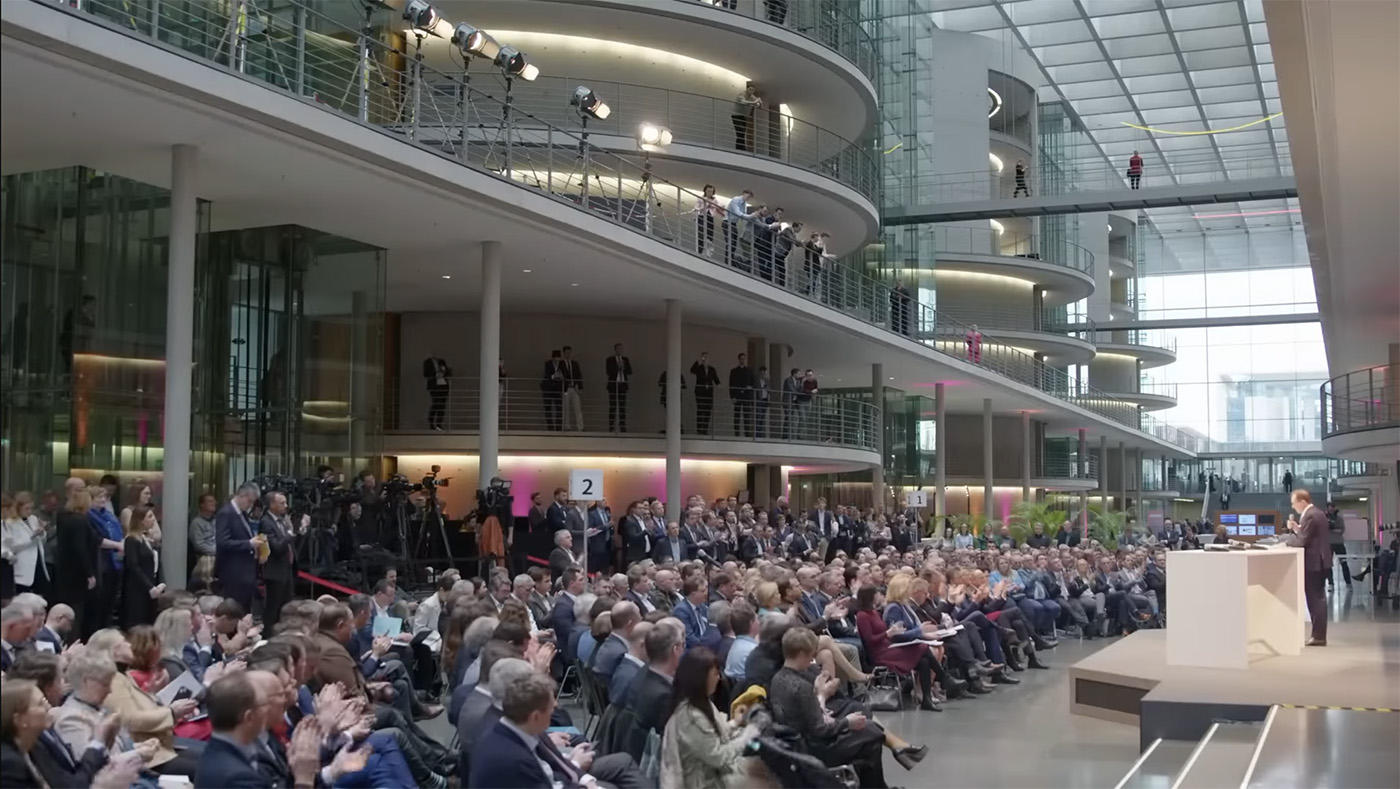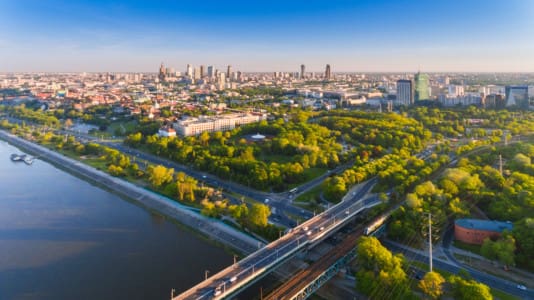Local authorities are buckling under the high number of migrants arriving in Germany, yet the federal government persists with its open-door policy and refuses to act, German conservatives have claimed.
“More is not possible now,” Christian Democratic Union (CDU) leader Friedrich Merz claimed on Thursday as municipality leaders met to discuss their ongoing struggles.
Saxony’s Prime Minister Michael Kretschmer (CDU) clearly attacked the government’s direction on travel on Friday, telling Deutschlandfunk radio station: “We are well above the number of people seeking protection in 2015 and 2016. There are very many people from Ukraine, and there is no discussion at all about whether they should be taken in or not.
“But these people also have needs for integration services and housing, all very practical things. And that’s exactly what no longer works.”
Local leaders revealed how tent cities are being erected in many communities and gymnasiums are being acquired, while some areas are even considering converting underground garages into refugee accommodations. Neither the states nor the municipalities have any possibility of controlling the migration flows to Germany. They were always given new tasks by the federal government and then had to deal with them, Kretschmer explained.
“That the foreign minister in this difficult situation makes one voluntary admission program after another: that is not possible,” Kretschmer added. In the future, he said, the federal government should only be able to launch new admission initiatives in agreement with the municipalities.
Merz on migration: “More is not possible now”
Earlier, CDU party leader Friedrich Merz summed up the results of the migration summit organized by the CDU and CSU: “More is not possible now.” Opposition party politicians in particular discussed the situation of municipalities in the migration crisis in Berlin on Thursday. Mayor Stephan Neher (CDU) from Rottenburg in Baden-Württemberg, for example, sounded the alarm, saying his city was visibly reaching its limits.
In response, the CDU/CSU demanded in a press release that the country’s absorption capacity not be overstretched. “It is important to bear in mind that Germany’s infrastructure is only designed for 80 million people and not for 84 million,” the parties wrote.
At the beginning of the month, the CDU/CSU parliamentary group drew up a position paper for the Union’s future course on migration policy in which it called on the federal government to refrain from “all signals and measures that could be understood as an incentive for additional irregular migration to Europe or for unauthorized onward travel to Germany.”






